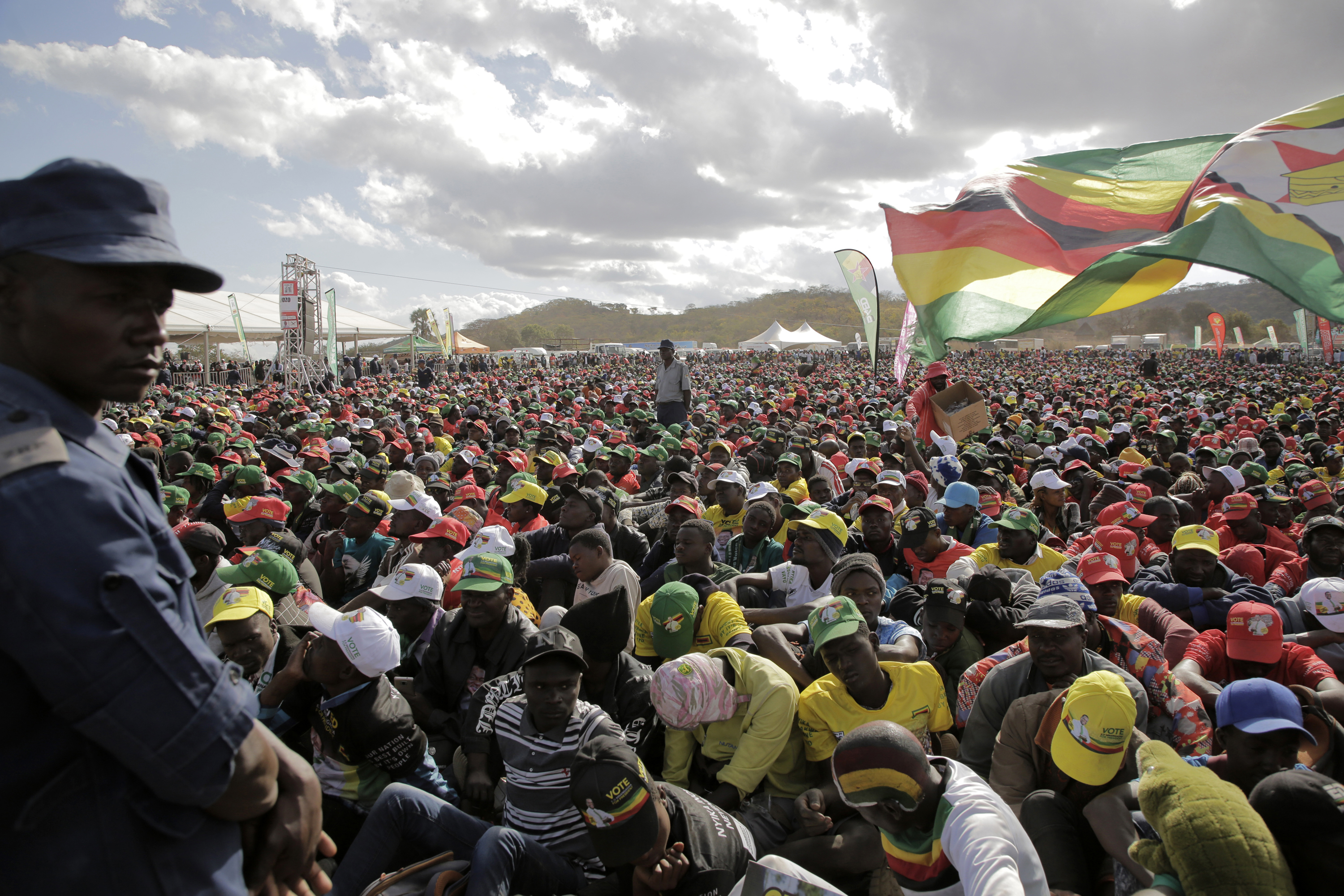On August 23, Zimbabwe will conduct its general elections. Ahead of the vote, the IPI global network calls on the authorities to allow journalists to cover the election and its outcome freely and safely. IPI condemns the recent restrictions on local and international journalists from accessing information, including the arbitrary denial of accreditation to observe the elections.
On August 17, several journalists working for foreign media were denied permission to cover the elections. They included journalists from Voice of America, the German public broadcaster ARD, and the South African outlet Daily Maverick. No specific reasons were disclosed by the authorities to justify these refusals.
The accreditation denials come amid an already challenging environment for the press in Zimbabwe leading up to the election. IPI’s press freedom monitoring has identified two major trends of press freedom challenges over recent times: Frequent restrictions/denials on access to sources of information by the authorities and security forces; and the adoption of laws and regulations detrimental to media freedom.
As the election drew closer, on July 14, Zimbabwe’s President Emmerson Mnangagwa signed into law the Criminal Law (Codification and Reform) Amendment Bill, also known as the “Patriotic Bill”, which imposes severe penalties on citizens who willfully injure the sovereignty and national interests of Zimbabwe. This law was criticized as being detrimental to freedoms, and destined to gag and silence critics and dissidents of the government ahead of the elections.
In some cases, journalists have been prevented from covering election-related events. For example, freelance journalist Chengetai Zvauya was reportedly denied access to cover a campaign rally by the ruling party ZANU-PF at a netball complex in Mbare, Harare, in July 2023, which was addressed by Vice President Constantino Chiwenga. According to MISA, a southern African press freedom defense group, security personnel were responsible for this press freedom violation, which occurred despite Zvauya’s having presented an accreditation card.
This trend of election-related press freedom violations has been noted over time. Already back in August 2022, four journalists were reportedly severely assaulted by ZANU-PF supporters while covering a rally that was scheduled to be addressed by Nelson Chamisa, leader of the opposition party, Citizens Coalition for Change (CCC), in Gokwe in Zimbabwe’s Midlands Province.
“Authorities in Zimbabwe must allow the media – public and private, foreign and local – to cover these elections freely, safely, and without fear or retaliation. This includes covering the vote itself as well as the outcome and the period that follows”, IPI Deputy Director Scott Griffen said. “Democracy depends on the free flow of news and information and the ability of citizens to inform themselves about matters of public interest. Restrictions on journalists and media undermine the credibility and transparency of elections.
“In addition to refraining from any restrictions on the media’s ability to access information and report the elections, state authorities must promptly and thoroughly investigate any attacks on the press and hold those responsible to account. IPI will be closely tracking the press freedom situation in Zimbabwe amid the vote.”
